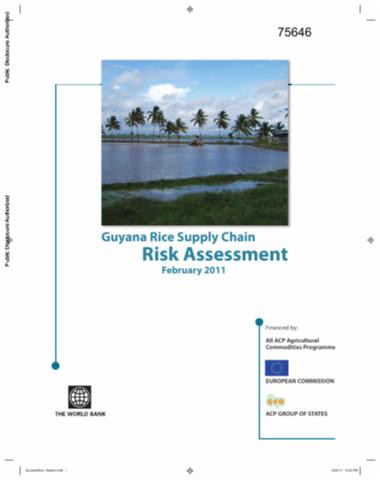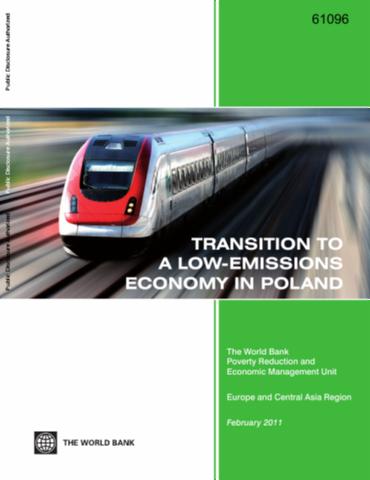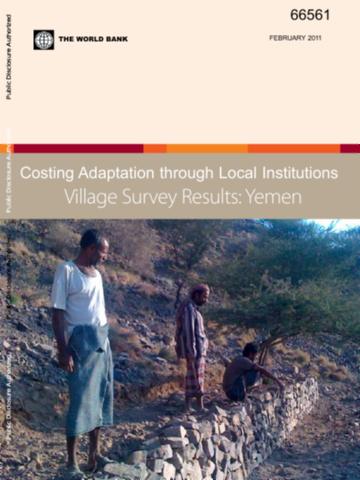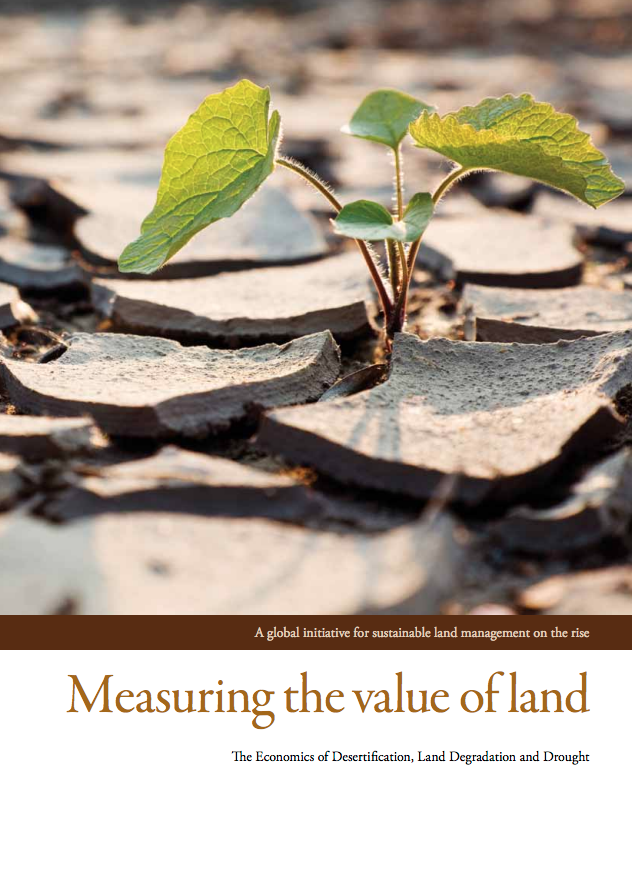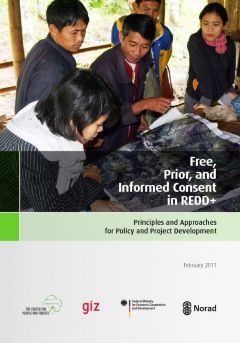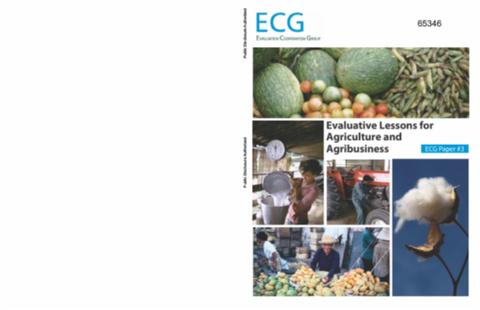Guyana Rice Supply Chain Risk Assessment
This report is the outcome of assessment and is intended as an advisory note to the Ministry of Agriculture (MoA) and Guyana Rice Development Board (GRDB) to enable them to identify a strategy and potential public investments to improve current risk-management practices in the rice supply chain. This report identifies the major risks facing the rice supply chain, ranks them in terms of their potential impact and frequency, and offers a framework for improving current risk-management practices.

